A dishwasher is a lifesaver when it comes to cleaning dishes, but only if it’s properly maintained. Neglecting regular cleaning and maintenance can lead to all sorts of problems, including:
- Mold and mildew buildup
- Dirty dishes due to poor drainage or clogged filters
- Unpleasant smells
- Damage caused by lack of proper care
Fortunately, avoiding these problems is easy if you follow these simple tips for keeping your dishwasher in good working order.
Not ready to read the whole article? Check out our video on maintaining your dishwasher.
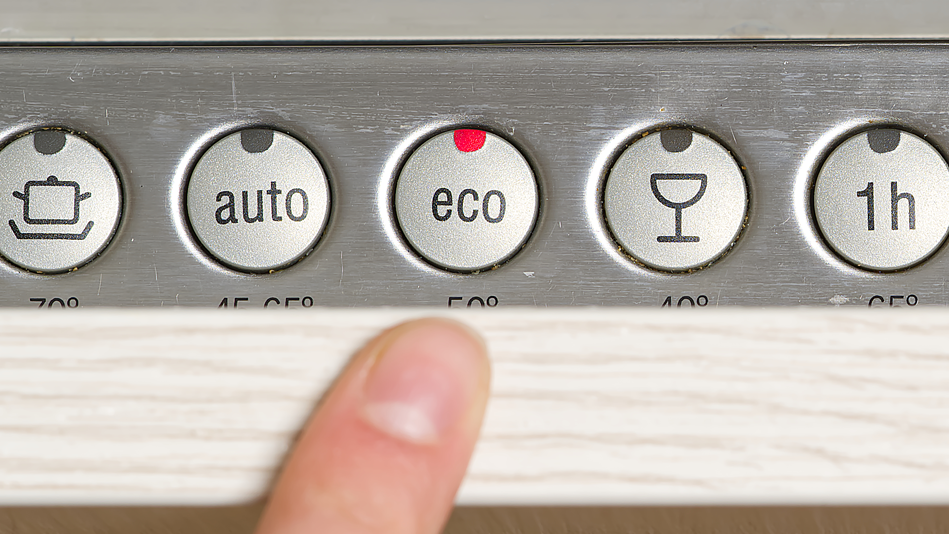
When should you perform dishwasher maintenance?
Legendary home improvement expert Bob Vila recommends monthly dishwasher maintenance to prevent breakdowns and help your dishwasher clean efficiently. However, it's a good idea to clean your dishwasher more regularly, removing any bits of food left in the bottom daily, and wiping down the exterior door and door seal (also called a gasket) every week.
It also helps knowing what should – and shouldn’t – go in your dishwasher, so maintenance takes less time and there are fewer opportunities for unexpected breakdowns.
How to clean and maintain your dishwasher
Cleaning your dishwasher can help extend its life cycle, meaning fewer problems and expensive repairs. Here's how to keep your dishwasher maintained for years to come.
Cleaning inside your dishwasher
- Remove any bits of food from the bottom of the dishwasher
- Wipe down the interior of the dishwasher with a wet cloth
- Inspect the filters and clean or replace them as necessary (instructions below)
- Check the drainage and make sure it is clear
- Perform a vinegar rinse to help remove any buildup (instructions below)
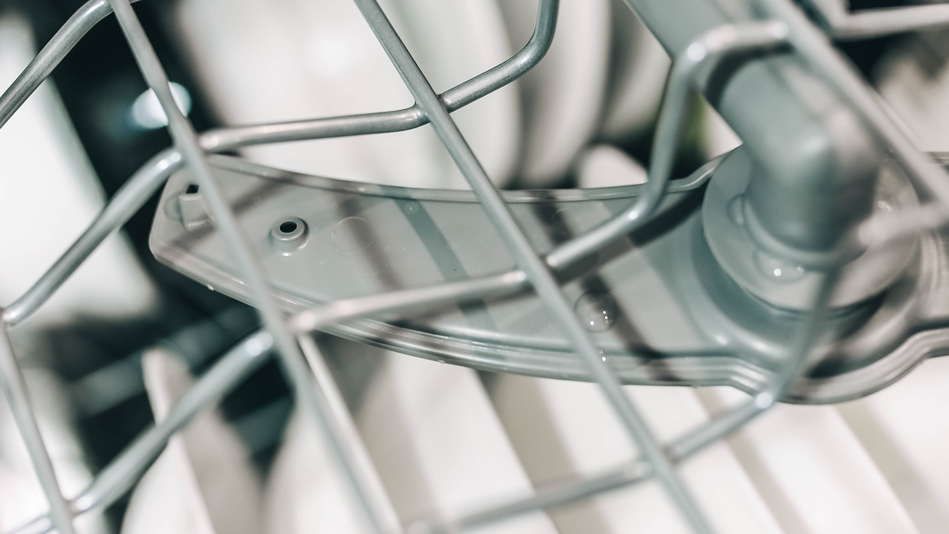
Cleaning your dishwasher’s spray arm
Your dishwasher’s spray arm is responsible for getting water to all your dishes during a cycle, so it can become clogged with bits of food and detergent over time. To clean this essential component:
- Remove the arm (please refer to your owner's manual for instructions)
- Soak it overnight in a 50/50 vinegar-water solution
- Rinse away any remaining residue
- Secure the spray arm properly and run a short test cycle
Cleaning outside your dishwasher
- Clean the exterior of your dishwasher with a wet cloth
- Wipe down the door seal (gasket) with a damp cloth
- Inspect the door for any damage and make sure it is closing properly
- Check the water supply line for any leaks
- Make sure the dishwasher is level and adjust if necessary
Proper maintenance will help keep your dishwasher running smoothly for years to come. By following these simple tips, you can avoid common problems and keep your dishes clean and sparkling.
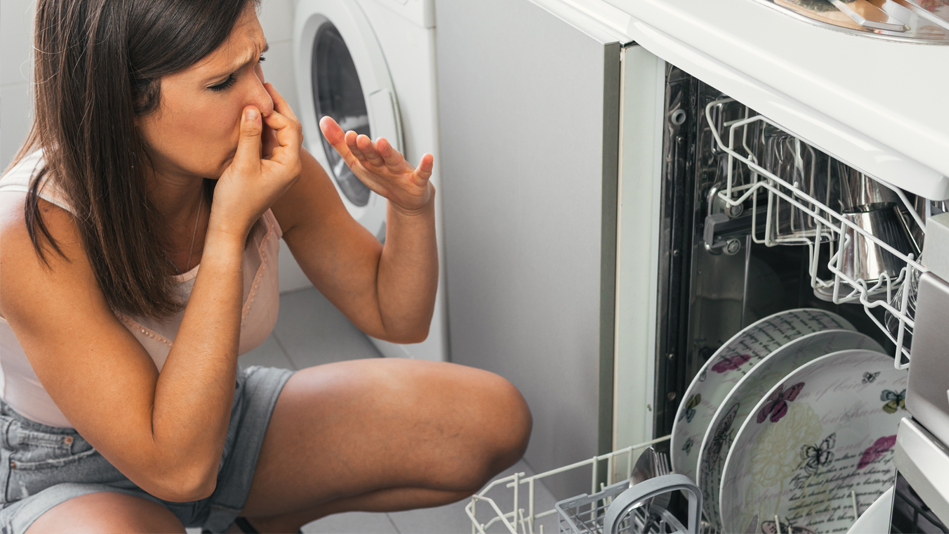
Removing dishwasher smells
Experiencing odor problems? When leftover food, oils, and other debris accumulate in your dishwasher, it can lead to bad smells and dirty dishes.
Thoroughly cleaning your dishes before they go in your dishwasher is the best way to avoid a smelly situation. If that doesn't solve your smell problems, try one of these solutions:
Clean the dishwasher filter and check the drainage.
Your dishwasher’s filter can hold plenty of odors, even containing tiny food particles that spread from cycle to cycle. To ensure your dishes (and your dishwasher) stay clean and fresh, we recommend cleaning your dishwasher filter every month.
- Locate and remove the filter (please refer to your owner's manual for instructions)
- Brush away buildup and residue with a soft toothbrush
- Rinse the filter under hot water to rinse off any remaining residue
- Lock the filter back in place to avoid damage on the next cycle
Do a vinegar rinse to clean and disinfect.
Vinegar works great as a DIY cleaner and disinfectant, especially when it comes to your dishwasher.
To clean your dishwasher with vinegar, put 1 cup of vinegar in a dishwasher-safe container and set it on your dishwasher’s top rack. Then run a full cycle on the hottest setting. After the cycle finishes, wipe down the inside with a microfiber cloth or paper towel.
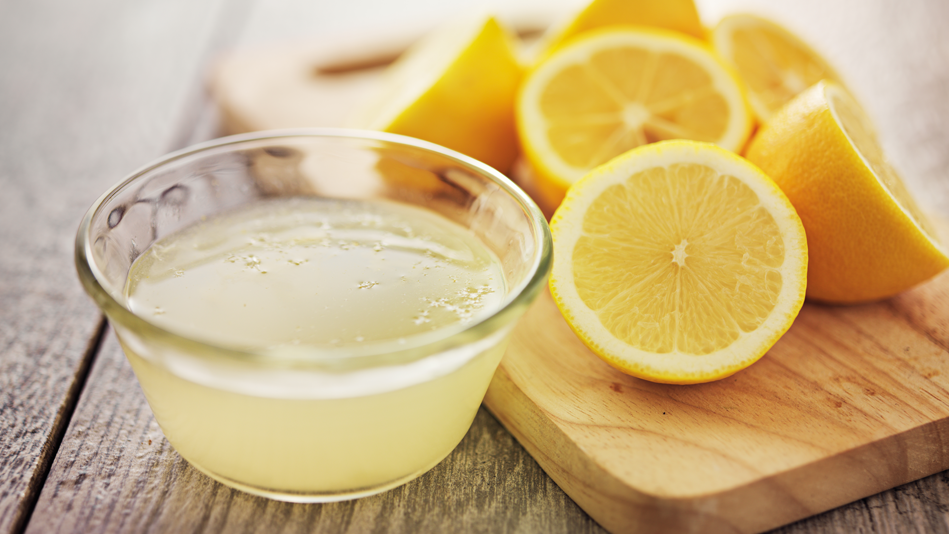
Use hot water and lemon juice or (believe it or not) Tang.
Food particles, hard water stains, and other buildup are a common cause of smelly dishwashers. An acidic substance like Tang powder (yes, the drink mix) or lemon juice can help clear those away, reviving your dishwasher's interior in more ways than one.
To clean with Tang, mix 1/3 cup of Tang powder with 1 gallon of hot water, then pour the mixture into your dishwasher and run a full cycle on the hottest setting. If you prefer to use lemon juice, mix 1 cup of lemon juice with 1 gallon of hot water instead.
Important note: Never put Tang powder or lemon juice directly into your dishwasher; always mix it with water first.
If smells persist, you should clean your garbage disposal too. Sometimes smells coming from your garbage disposal make their way into your dishwasher.
You can also help your dishwasher and kitchen smell fresher by cleaning any remaining food left behind after each cycle with a wet paper towel or microfiber cloth.
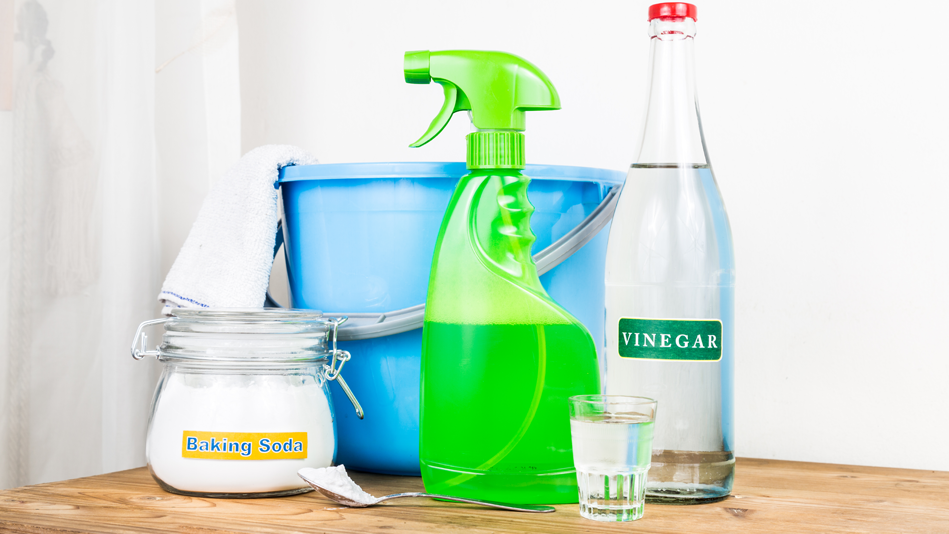
Dishwasher not draining? Use a homemade drain cleaner.
Dishwashers can clog quickly if they aren’t maintained properly. If you find water pooling in your dishwasher, check to make sure your kitchen sink’s drain is working properly. If water runs through it fine, then your drain trap could be the problem—here’s how to unclog it.
- Remove your dishwasher’s bottom rack and clean up any water left behind
- Use a microfiber cloth to remove any visible buildup from the trap
- If your dishwasher still won’t drain properly, pour a 50/50 mix of baking soda and vinegar into the trap and let it sit for 15 minutes, then pour hot water on top of the mixture
- Run a rinse cycle afterward to remove the remaining vinegar and baking soda
- Is your dishwasher still not draining? It might be time to call a professional.
Want more maintenance tips on your home’s must-have appliances? Check out our guide on Easy Kitchen Appliance Care to keep the momentum going!
Visit us on Facebook, LinkedIn, Twitter or Instagram to tell us your thoughts!
